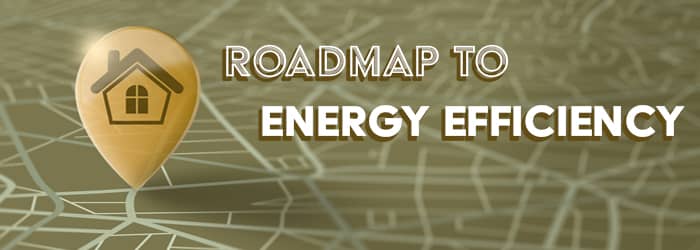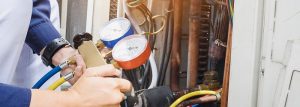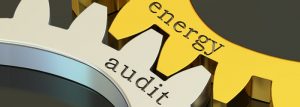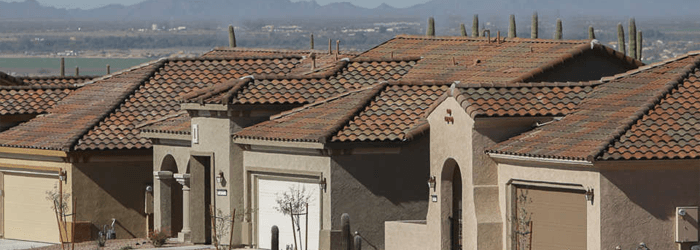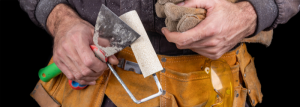As we all know, the cost of the energy we use in our homes, be it gas, electric, or even solar, is not decreasing. The obvious solution to rising energy costs is to reduce our energy consumption. To accomplish that, we need information and empirical data about how individuals consume energy in their homes.
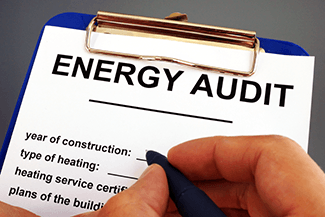
We asked Rosie on the House Certified Partner, Sean McGraw from FOR Energy, to help us help you navigate this multifaceted topic.
My Bills Are Too High!
When we think about decreasing our energy usage, we might call our heating and cooling contractor to examine the efficiency of existing equipment. This makes sense. However, Sean suggests an energy audit is a better starting point and states that “knowing how your energy is used will help develop a clear road map to energy efficiency.”
How Does an Energy Audit Work?
An effective energy audit must take into consideration the whole house, not just your HVAC system.
Audits will include examining your current gas and electric bills to determine the power quantity you use. They will also include an in-depth physical inspection, testing equipment, using infrared photography to determine heat loss or gain, measuring air flows throughout your home, and interviewing you regarding your living habits that affect consumption.
Inspections
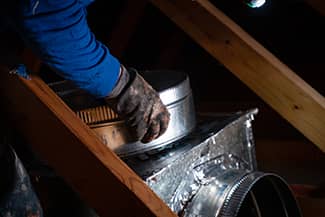
Physical inspections examine your insulation systems, including the building envelope and ductwork insulation.
Air barrier inspections evaluate all penetrations made by utility systems into your home, including an inspection of pipes through walls, registers in walls, floors, ceilings, and the roof. Air leakage around these places costs you money.
Ductwork inspection and testing can locate air leaks that cause a decrease in system efficiency and an increase in unnecessary energy usage.
Weather stripping that seals doors and windows must also be examined for damage and deterioration.
As part of a thorough inspection, the auditor should also examine the venting of gas appliances to identify potential leakage around the vent and determine whether it’s properly vented. That is a quality of air issue and a safety check.
Testing
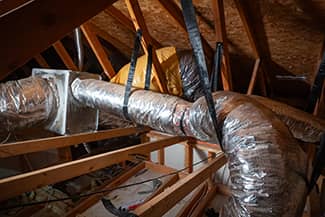
Air is the common medium that carries our energy throughout our homes. How and where air flows tells an auditor much about where energy is wasted.
- Testing individual room air pressures and determining their differences can indicate potential flaws in ductwork sizing and configuration.
- Data gathered by measuring the supply and return air of the HVAC unit can reveal important information.
- Another worthwhile test is an infrared photograph of your home exterior. This test will highlight the “hot spots”; that is, the camera will reveal where your home is leaking energy. Since it’s difficult to see the insulation coverage behind a wall, this test will show the auditor where there are trouble spots.
Gather and Report
Testing generates the empirical data needed to create the “road map” Sean mentioned previously. This information gathering is a critical step that should be performed by a company experienced with proper testing and collecting of information.
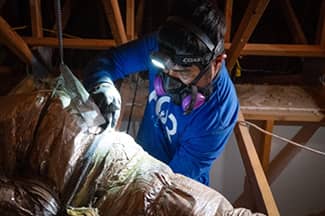
Part of the information the auditor needs is understanding how a homeowner uses energy. What temperature is the home kept at, how are appliances used, and what other energy consumption habits are affecting usage?
Sean tells us that “the culmination of all this information gathering is to generate a final report. The report needs to be fact-based and completed to Energy Star Standards“.
The energy audit report should include the following:
- Data collected.
- Identification of areas in your home requiring improvement and repairs
- A detailed explanation of each recommended improvement.
- Specific costs associated with each of those improvements.
- Discussion of any utility company or tax rebates you may be eligible for.
- Discussion of the utility company’s appropriate rate plan.
- Habit changes to consider to lower energy usage. Simple tips can add up to significant savings.
Cautions
A qualified energy audit should be conducted as a standalone process, with the results based solely on the factual data collected.
Beware of a report where the fixed conclusion is product-based. An example might be a window replacement company offering a whole home energy audit to sell you new windows you may not need.
Look for a company with experience in your market and get examples of what that company’s report will include.
As always, obtain and check references. You already know the toughest screened contractors around come from the Rosie on the House Certified Partner Network and is the best place to start!
###
CONTENT PARTNER | FOR Energy
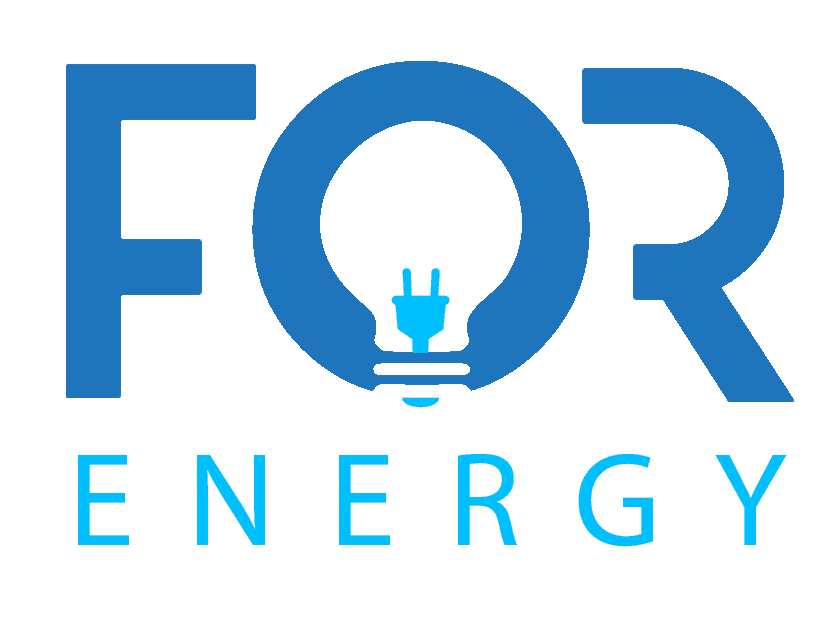
If your home was sick, how would you know? Find out the ways your home is losing energy and what you can do to fix it. FOR Energy is committed to assisting you in discovering the value of enhancing your home’s efficiency. When you reach out to us, you’ll collaborate with a skilled residential home efficiency specialist based in Phoenix, AZ. They will assess your residence and provide you with an individualized roadmap to energy efficiency to align with your energy requirements and reduce your expenses. You can rely on the FOR Energy team of residential home efficiency experts to guide you in achieving peak efficiency from your home’s efficiency system.
PODCAST
As energy costs rise, solutions to reducing energy consumption and saving money should start with a Home Energy Audit. Sean McGraw of FOR Energy explains the valuable information you get about your home’s energy use, where your losing energy and having a clear road map to energy efficiency. Taking the guesswork out with accurate answers.
Podcast Archive With Expanded Content and Resources
PHOTO CREDIT
- FOR Energy
- iStock

